Hamas to 30 heads of states: Normalization of ties with Israel major political sin
The head of the Palestinian Hamas resistance movement's political bureau has denounced establishing diplomatic relations with Israel as “a major political sin.”
In letters sent to leaders of more than 30 Arab and Islamic countries, Ismail Haniyeh on Thursday warned that the recent Arab normalization agreements have emboldened the Israeli regime to escalate its aggressive policies against the Palestinian nation.
“The current wave of normalization has taken place as the Zionist terrorism and aggression against our land and people are escalating and the unjust blockade on the Gaza Strip is ongoing and as the occupation persists in executing its criminal schemes,” he said.
Among some of the significant Israeli violations are settlement expansion, land confiscation, the Judaization of Jerusalem al-Quds, attempts to divide the al-Aqsa Mosque, the obliteration of Islamic and Christian landmarks, and demolition and displacement campaigns, he said.
Haniyeh went on to say that recent normalization accords pose serious threats to the interests of Muslim nations and is a "treacherous stab" in the back of the Palestinian people.
“The Zionist occupying regime has always been the common enemy of the entire Arab and Muslim nations,” he said.
He also called the Arab normalization of ties with the occupation state as “a breach of the Arab and Islamic consensus and a violation of the resolutions that had been issued by the Arab League and the Organization of Islamic Cooperation (OIC).”
Haniyeh had earlier called for the enforcement of laws that criminalize any form of normalization with the Tel Aviv regime, and initiatives aimed at raising the awareness of Arabs and Muslims about the Palestinian cause.
In September, Hamas denounced the Arab League over its failure to condemn last month's deal between the United Arab Emirates (UAE) and Israel on establishment of full diplomatic relations, saying it amounts to “official Arab legislation for normalization.”
The Palestinian Authority then accused the UAE and Bahrain of blocking the draft resolution that called on Arab states to adhere to the so-called 2002 “Arab Peace Initiative” before normalizing ties with Israel.
Palestinian President Mahmoud Abbas said among the things that were being sold out as a result of the normalization deal was the Palestinians’ claim to the holy occupied city of Jerusalem al-Quds as the capital of their future state.
The so-called Arab Peace Initiative, which was proposed by Saudi Arabia, calls on Israel to agree to a Palestinian state along the 1967 lines and a “just” solution to the Palestinian refugee issue.
US President Donald Trump announced earlier this month that Morocco had reached an agreement with Israel on the normalization of relations. Morocco thus became the fourth Arab country — after the UAE, Bahrain, and Sudan — to reach such an agreement with the Tel Aviv regime since August.
Abu Dhabi's Crown Prince Sheikh Mohammed Bin Zayed had alleged that the deal would stop a planned Israeli annexation of more Palestinian territories.
Israeli prime minister Benjamin Netanyahu announced a plan for grabbing a huge swathe of the West Bank, namely the areas upon which the regime has built its illegal settlements since occupying the territory in 1967, as well as the strategic Jordan Valley. He made the announcement after Trump gave him the green light for so doing by unveiling the details of the “deal of the century,” a hugely pro-Tel Aviv scheme.
Another Hamas leader deplores Morocco’s normalization deal
Separately, a member of Hamas political bureau, Mousa Abu Marzouk, strongly denounced Morocco’s signing of a normalization deal with the Israel.
“We strongly reject the signing of the three-party agreement between Morocco, the US and the Zionist entity,” Abu Marzouk said in a Twitter post on Wednesday.
Abu Marzouk described the step as “reprehensible and not reflecting the Moroccan people’s supportive position towards the Palestinian cause.”
“We are deeply disappointed by Moroccan Prime Minister Saad Dine El Otmani's signing of that agreement as we were expecting him to take an honorable historic position,” he said.
The US secured the deal by agreeing to recognize Moroccan “sovereignty” over disputed areas in the Western Sahara.
Morocco annexed the vast Western Sahara region, a former Spanish colony, in 1975 and has since been in conflict with the Algeria-backed Polisario Front, a movement that seeks to establish an independent state in the territory and end Morocco’s presence there.
The Arab Maghreb Scholars League (AMSL) has called on Rabat to reconsider its provocative decision to establish diplomatic relations with the Tel Aviv regime.
All Palestinian factions have condemned the normalization agreements with Israel, considering them a betrayal of their cause.
Lebanon’s Hezbollah resistance movement has also strongly condemned the agreements, stressing that the Arab countries having relations with Tel Aviv will soon regret their move.
Jan. 15: ‘Axis of Resistance’ operations against Israeli occupation
VIDEO | US fires: Criticism mounts over govt. failure to respond
VIDEO | Fears, hope in Gaza amid intensified ceasefire efforts
VIDEO | Press TV's news headlines
Hamas: Ceasefire agreement result of steadfastness, resistance in Gaza over 15 months
Hamas thanks Iran, Resistance Front following achievement of ceasefire in Gaza
'Capitulation': Israeli officials and media concede Gaza defeat as truce unfolds
'Gaza has won': Social media users react to ceasefire with mix of relief, joy


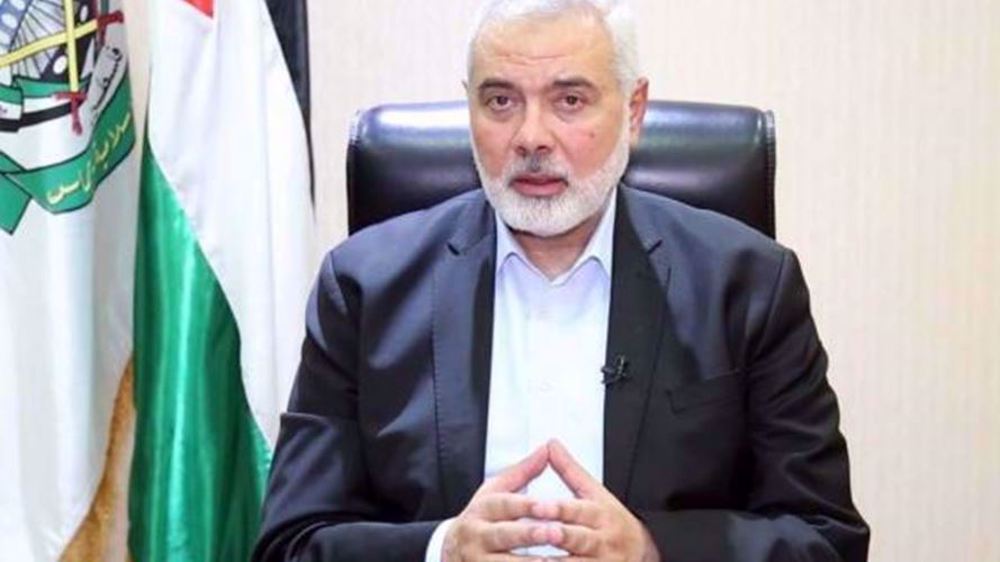




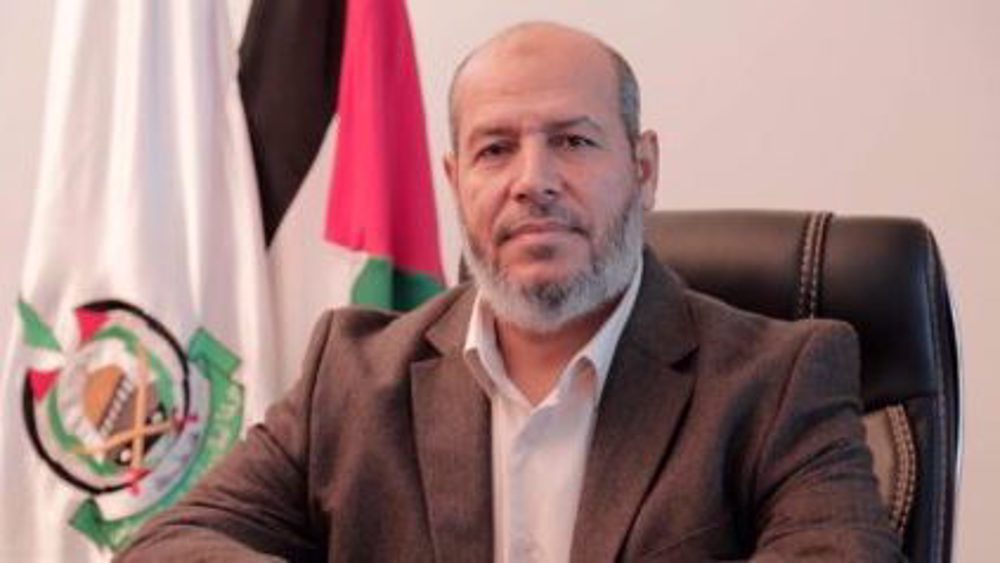

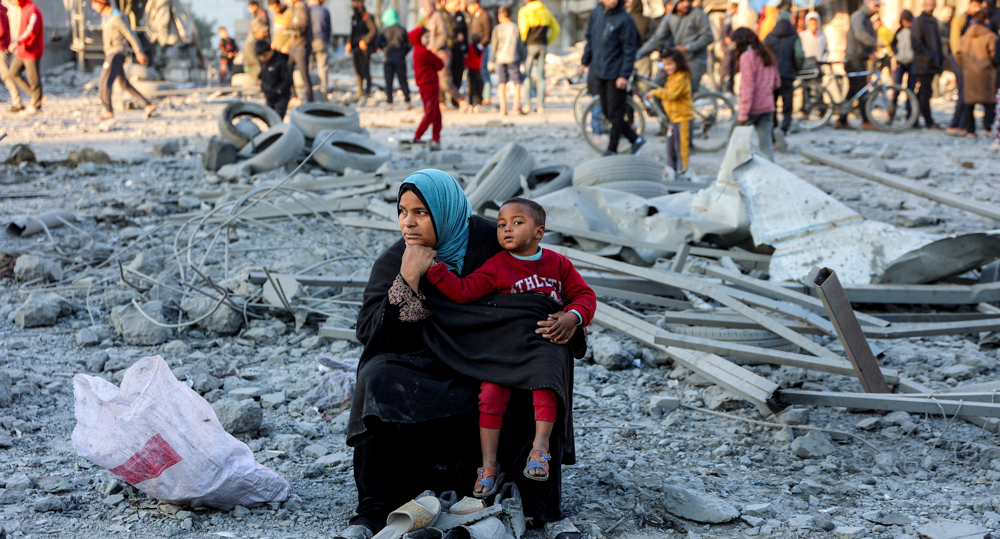



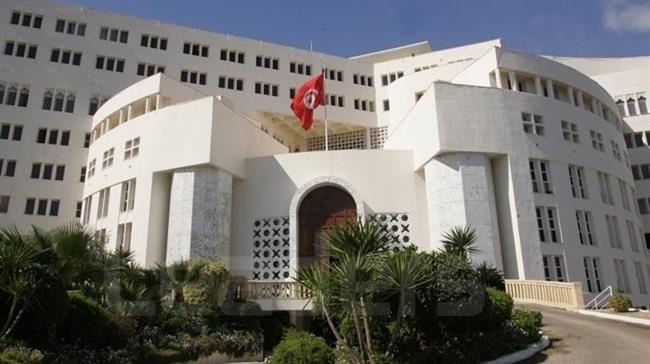
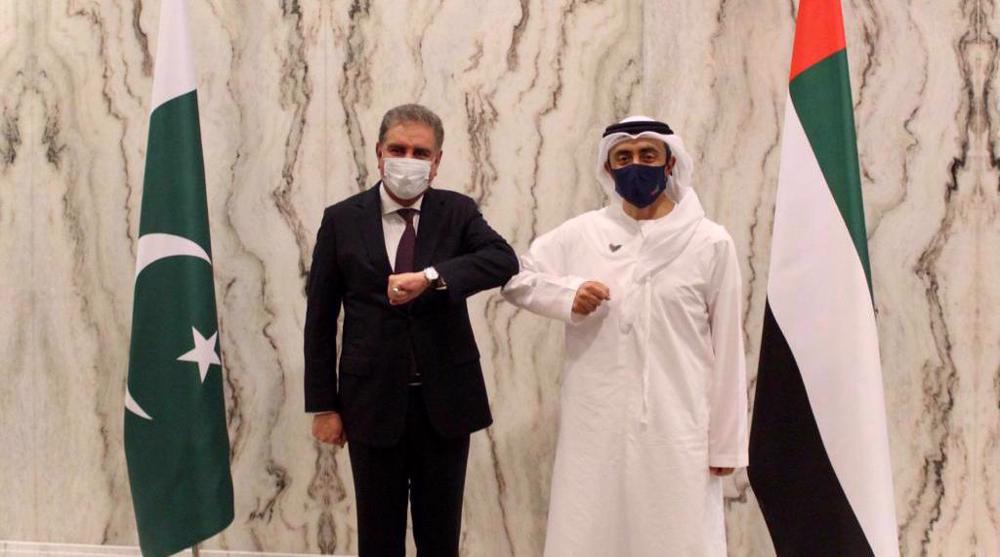


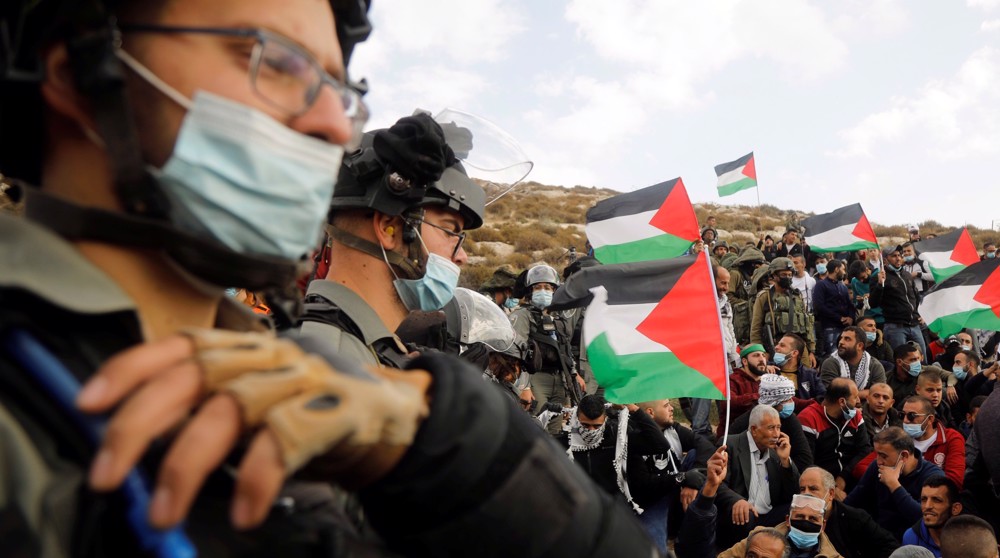
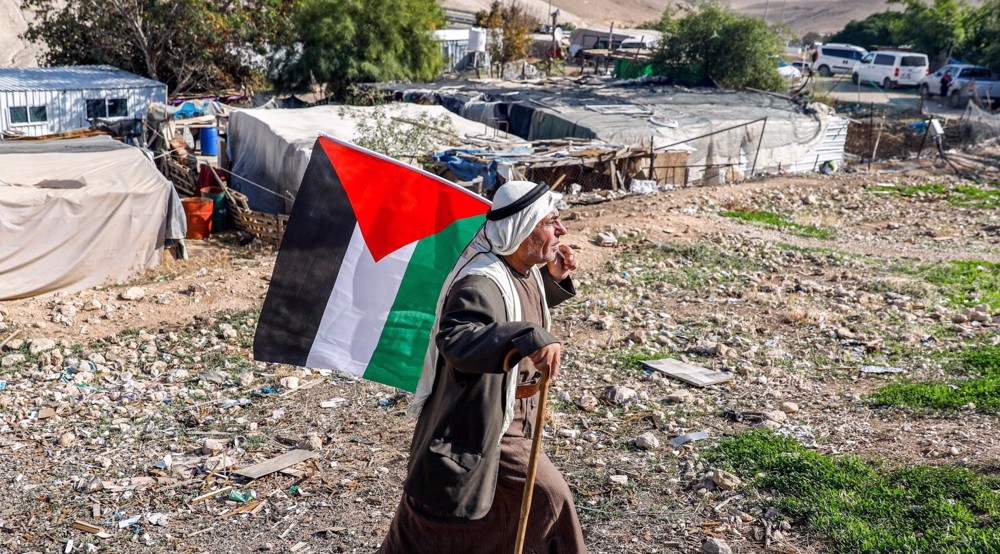
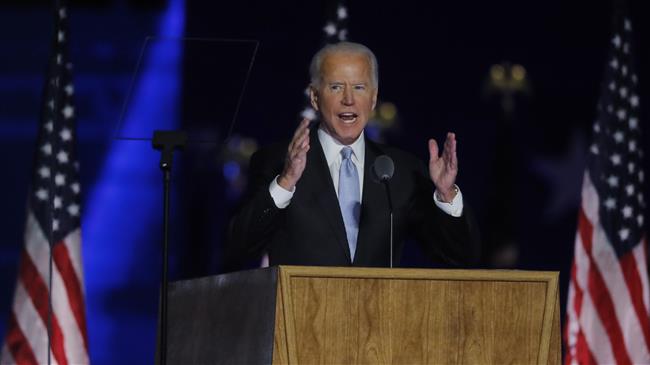


 This makes it easy to access the Press TV website
This makes it easy to access the Press TV website